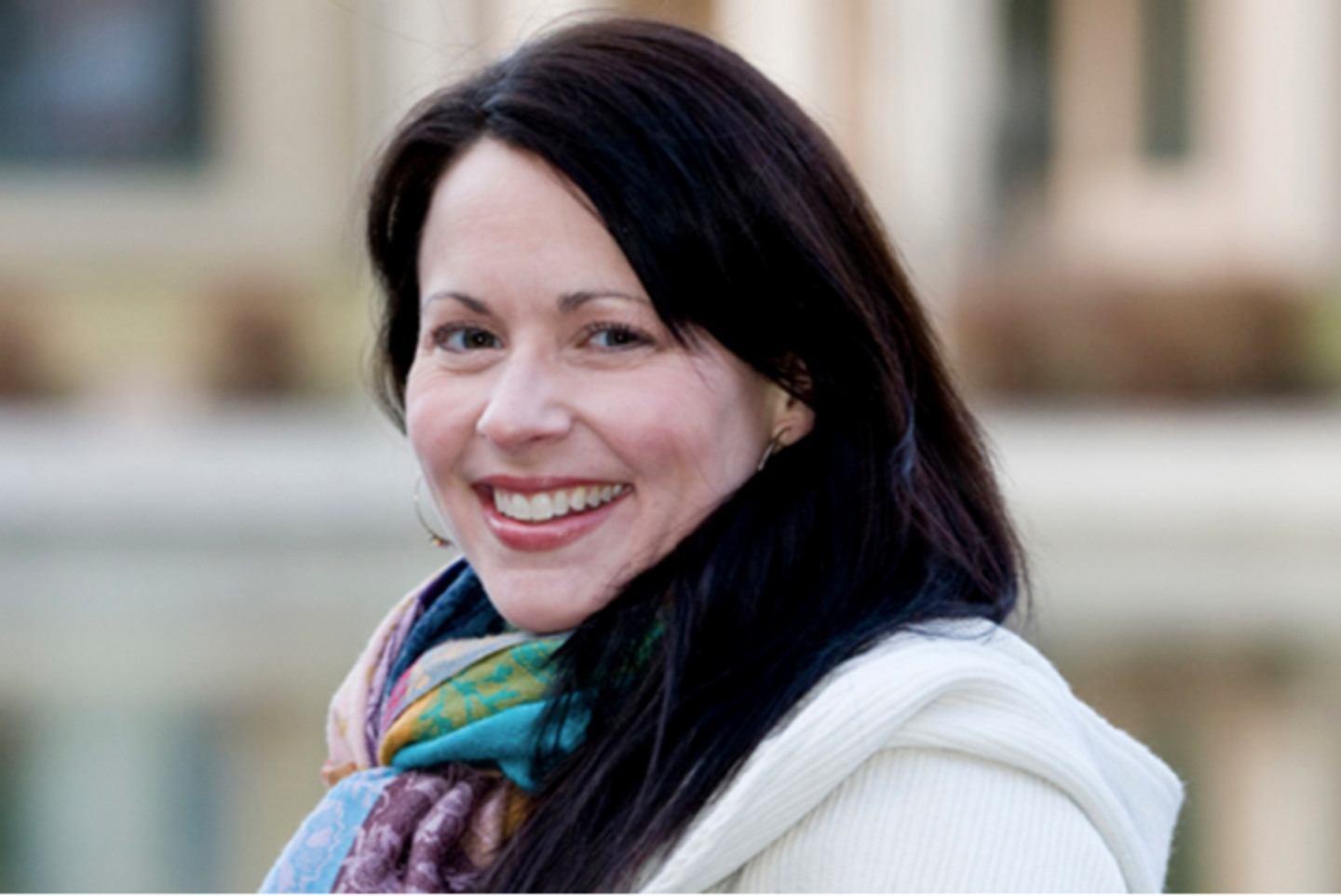The “Writing as a Way of Healing” workshop was created after the floods that wreaked havoc over the Fraser Valley in November 2021. The goal of these workshops is to help those who are impacted by the flooding overcome this challenging experience through a series of reflections, brainstorming, and sustainability.
Michelle Superle, a passionate children’s literature specialist and writer, has taken the lead on this project. As a Yarrow resident, Superle had to evacuate her home when the floods came, and immediately started looking for ways to help her community.
“Right after we returned home from evacuation during the flood, I started volunteering with the Yarrow Food Hub,” Superle says, sharing what inspired the creation of the workshops. “For a while I was there twice a day. It was very intense hearing firsthand about the farmers’ experiences, and I immediately started wondering how I could help by using my own unique skills and interests — beyond all the baking and cooking I was doing!”
“So many people were volunteering by doing heavy manual labour, but I’m unable to do that. I couldn’t think of what I could do beyond writing about the farmers’ experiences.”
While Superle was conducting interviews with the impacted farmers about the Yarrow Food Hub in an interview she was writing for edible Vancouver magazine, she began to form connections with the stories that were being told.
“Many farmers started talking about the family treasures they’d lost — including diaries, letters, journals,” said Superle. “It was an exceptionally heartbreaking aspect of the losses, and that’s a pretty big deal considering that for many people the losses included their entire home!
“As I chatted with farmers about this aspect of loss, the conversation would often meander off in the direction of how much comfort writing can bring — especially journaling.”
From hearing farmers’ stories of loss and how writing became an integral part of their healing, Superle realized what her contribution to the recovery efforts could be.
“Coincidentally, I’d just been reading about expressive writing techniques and their benefits; this was inspired by a research essay that one of my students, Lauryn Joly, had recently submitted. I asked a couple of farmers if they’d like to attend a writing workshop aimed at helping them journal about their experience in the flooding as a way to help process the experiences. Everyone said yes.”
Through UFV’s Work Study program, Superle eventually hired Joly to collaborate with her to develop and co-facilitate the workshop.
Simply venting frustrations into a journal can actually make writers feel worse as they wallow in their misfortunes. As an alternative to venting their miseries away with a pen and paper, a deeper understanding of their emotions can be achieved if the writer describes their intense emotions through brainstorming and illustrating their experiences.
This type of journaling functions as a balance, an equal measure of stability to ground oneself in reality while reflecting on the trauma endured through this passage of life. Otherwise known as “narrative therapy,” this is what the workshop aims to do: provide a comfortable healing experience through journaling for all those involved.
“Once I write about an experience, there comes a point where I find a sense of peace with it,” said Superle, who has used writing as a way of emotional healing to process circumstances throughout the course of her life. “Usually this comes when I arrive at some new understanding of or perspective on the issue, and that’s what the experts in expressive writing suggest is so empowering for people — so healing.”
Superle explains, “It’s the process of reinterpreting our experiences on our own terms, as our own stories.”
Superle started teaching children’s literature and writing courses at UFV in 2005, and then returned as a full-time, permanent faculty member in 2012 after she completed her PhD.
“This is literally my dream job,” Superle says with enthusiasm. “Every day I pinch myself to remind myself that I am living the dream.”


